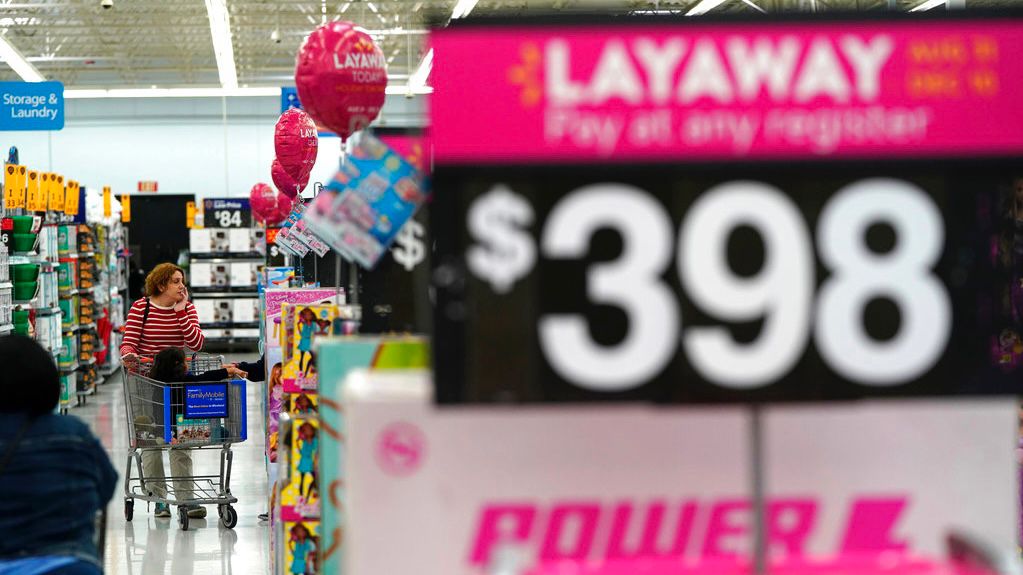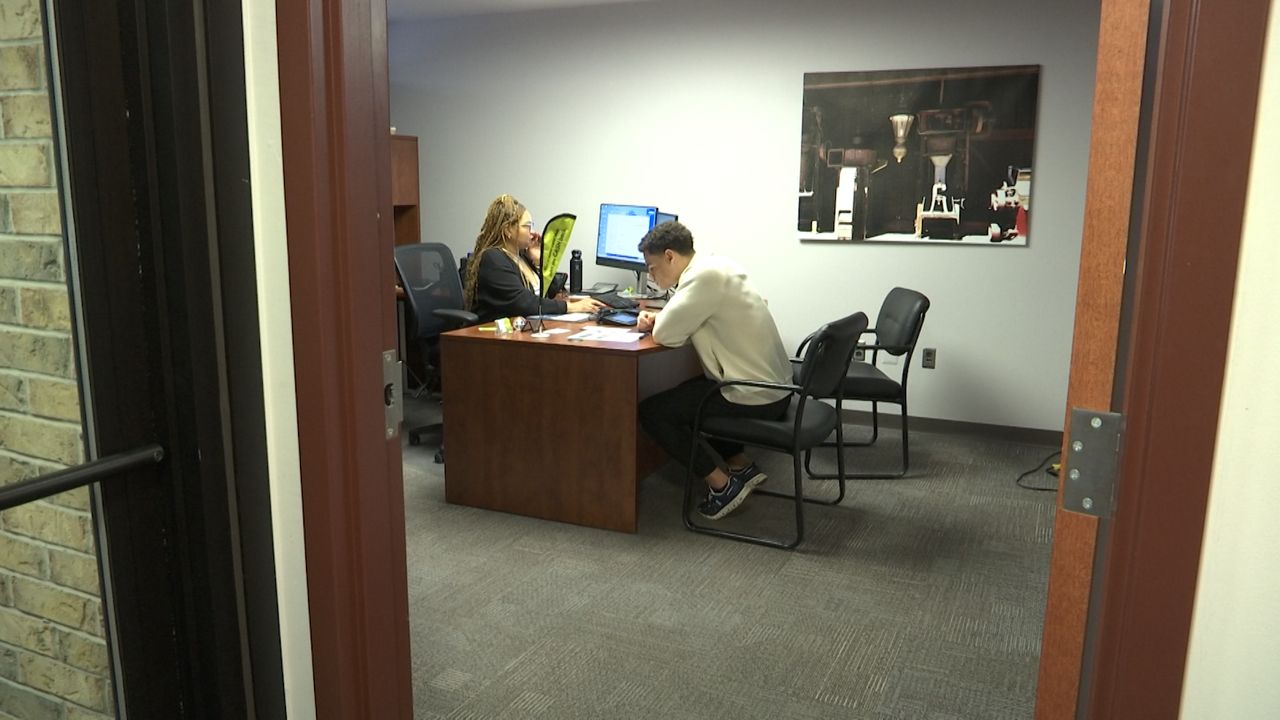With the introduction of the Employee Ownership Development Act , Illinois is poised to create the largest dedicated public investment vehicle for employee ownership in the country.
State Rep. Will Guzzardi’s bill, HB4955, would authorize the Illinois Treasury to deploy a portion of the state’s non-pension investment portfolio into employee ownership-focused investment funds.
That would represent a substantial investment of institutional capital in building wealth for Illinois workers and seed a capital market for employee ownership in the process. And because the fund is carved out of the state investment pool, it doesn’t require a single dollar of appropriations from the legislature.
Silver tsunami
The timing of the Employee Ownership Development Fund could not be more urgent. More than half of Illinois business owners are over 55 years old and are set to retire in the coming decade. When these owners sell their firms, financial buyers and competitors are often the default exit – if owners don’t simply close the business for lack of a buyer.
Each of these traditional paths risks consolidation, job loss and offshoring of investment and production. These are major disruptions to the communities that have long sustained these businesses. Without a concerted strategy, business succession is an economic development risk hiding in plain sight, and one that threatens local employment, supply chain resilience, and the tax base of communities across the country.
Employee ownership offers another path. Decades of empirical research show that employee-owned firms grow faster, weather economic downturns better (with fewer layoffs and lower rates of closure), and provide better pay and retirement benefits.
The average employee owner with an employee stock ownership plan, or ESOP, has nearly 2.5 times the retirement wealth of non-ESOP participants. That comes at no cost to the employee and is generally in addition to a diversified 401(k) retirement account.
Because businesses are selling to local employees, employee ownership transitions keep businesses rooted in their communities. This approach can support a place-based retention strategy for state economic policymakers.
Capital gap
Despite the remarkable benefits of employee ownership and bipartisan support from policymakers, a lack of private capital has impeded the growth of employee ownership: In the past decade, new ESOP formation has averaged just 269 firms per year.
Most ESOP transactions ask the seller to be the bank, relying heavily on sellers to finance a significant portion of the sale themselves, often waiting five to 10 years to fully realize their proceeds. Compared to financial and strategic buyers who offer sellers their liquidity upfront, employee ownership sales are structurally uncompetitive in the M&A market.
A small but growing ecosystem of specialized fund managers has begun to fill this gap. They deploy subordinated debt and equity-like capital to provide sellers the liquidity they need, while supporting newly employee-owned businesses with expertise and growth capital (see for example, “Apis & Heritage helps thousands of B and B Maintenance workers become owners”).
This approach is a recipe for scale, but the market remains nascent and undercapitalized relative to the generational pipeline of businesses approaching succession. To mature, the market needs anchor institutional investors willing to commit capital at scale.
State treasurers and other public investment officers could be those institutional investors. Collectively managing trillions of dollars in state assets, they have the portfolio scale, time horizons and fiduciary obligation to earn market returns while advancing state economic development.
Illinois’ blueprint
Just as federal credit programs helped catalyze the home mortgage and venture capital industries in the 20th century, state treasurers and comptrollers now have the opportunity to help build the employee ownership capital market in the 21st.
Illinois shows us how. The state’s Employee Ownership Development Act is modeled on proven investment strategies previously authorized by the legislature and pioneered by State Treasurer Michael Frerichs. The Illinois Growth and Innovation Fund and the FIRST Fund each ring-fence 5% of the state investment portfolio for investments in private markets and infrastructure, respectively, deployed through professional fund managers. Both have generated competitive returns while catalyzing billions of dollars in private co-investment in Illinois.
The Employee Ownership Development Fund would apply that same architecture to employee ownership. The Treasurer would invest indirectly by capitalizing private investment funds deploying a range of credit and equity. The funds, in turn, would invest a multiple of the state’s commitment in employee ownership transactions.
The employee ownership field has matured to a point that is ready for institutional capital. The evidence base is robust. The fund management ecosystem is growing. And the business succession pipeline is larger than it will be for generations.
Yet the field still lacks the publicly enabled financing interventions that have historically built new markets in this country. State treasurers, city comptrollers and other public investment officers have the tools and resources at their disposal to provide that catalytic, market-rate investment to enable the employee ownership market to scale.
Julien Rosenbloom is a senior associate at the Lafayette Square Institute.
Guest posts on ImpactAlpha represent the opinions of their authors and do not necessarily reflect the views of ImpactAlpha.










































